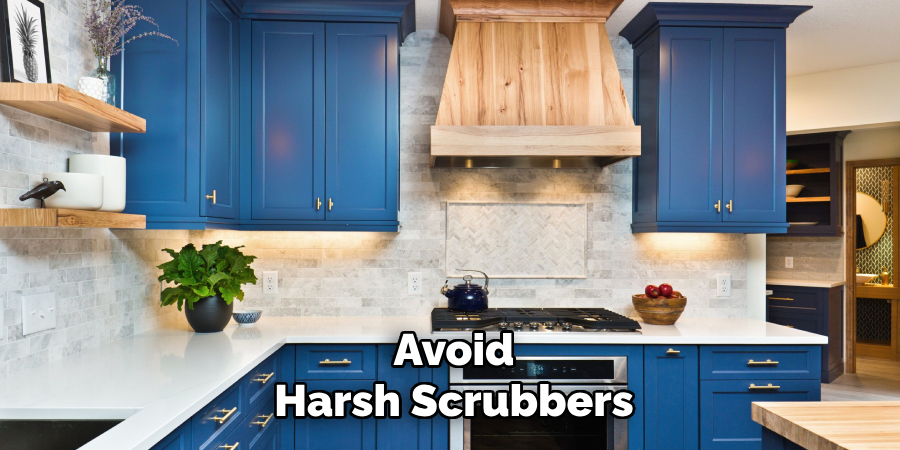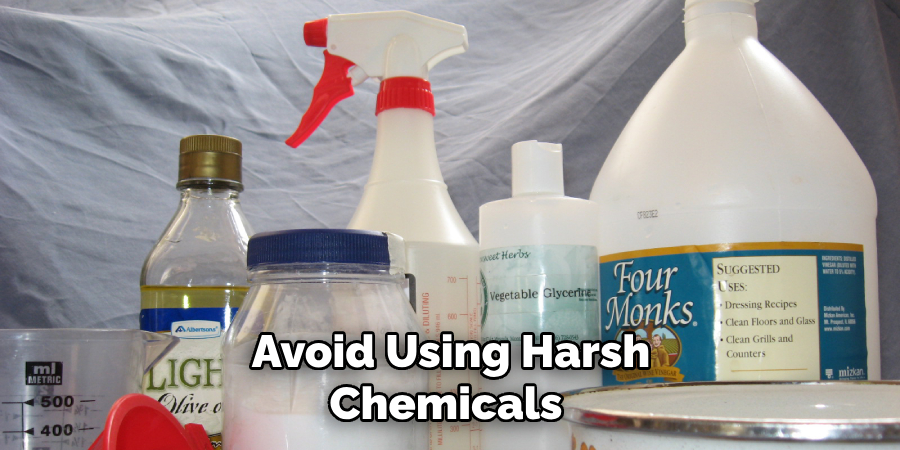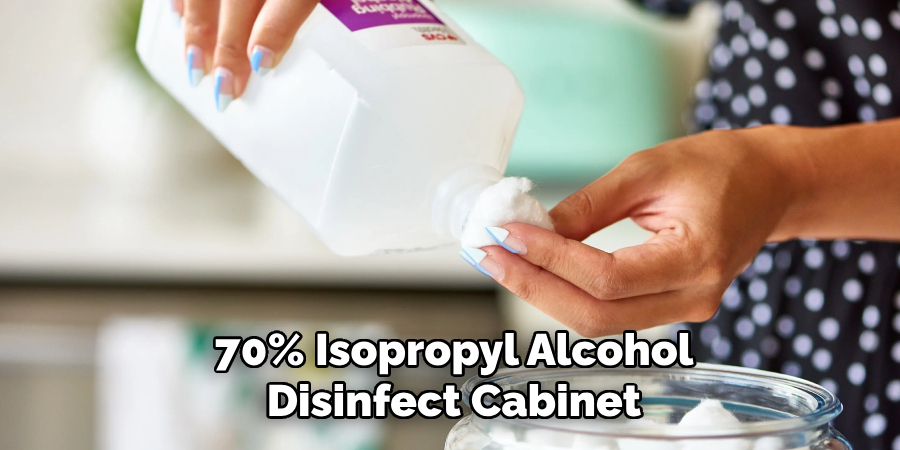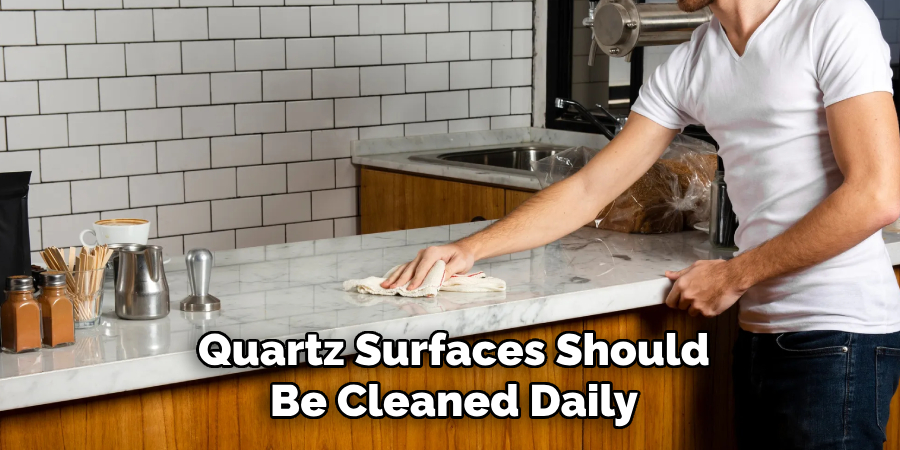Quartz countertops have become a staple in modern bathroom design due to their durability, non-porous surface, and sleek aesthetic. Their resistance to mold, scratches, and stains makes them a practical and stylish choice for homeowners seeking both functionality and elegance. However, despite their low-maintenance nature, quartz countertops still require specific care to maintain their luster and longevity.
Improper cleaning techniques or the use of harsh products can lead to surface dullness or unwanted staining, diminishing their appeal over time.

This article aims to provide clear and practical advice on how to clean quartz bathroom countertops safely and effectively. By following these methods, you can ensure your quartz surfaces remain as stunning and durable as the day they were installed, preserving the beauty and hygiene of your bathroom space for years to come. Whether you’re addressing daily upkeep or tackling tougher stains, this guide has you covered.
Understanding Quartz Surfaces
What is Quartz?
Quartz is an engineered stone crafted by combining natural quartz crystals with resin binders and pigments. This manufacturing process creates a durable and versatile material widely used for countertops. Quartz is available in various colors and patterns, making it a popular choice for homeowners who want both aesthetic appeal and functionality in their living spaces.
Key Features
One of the standout qualities of quartz is its non-porous nature, meaning it resists bacteria and staining, unlike natural stones such as granite or marble. This makes quartz an excellent option for bathroom countertops where hygiene is essential.
Additionally, quartz is heat- and scratch-resistant, providing a durable surface that can withstand daily use. However, it’s essential to note that quartz is not completely immune to damage and should be handled with care to maintain its appearance.
Why Cleaning Matters
Regular cleaning is essential to preserve the shine and durability of quartz surfaces. Daily use can lead to the buildup of soap scum, toothpaste residue, and cosmetic products, which can dull the surface over time. Proper cleaning not only enhances the appearance of your countertops but also ensures a hygienic environment, especially in high-moisture areas like bathrooms. Taking time to care for your quartz surfaces helps prolong their lifespan and keeps them looking like new.
Daily Cleaning Routine
Regular maintenance is key to keeping your quartz surfaces pristine and free from buildup. This straightforward cleaning routine uses gentle products that are safe for your countertops.
What You Need
- Mild dish soap
- Warm water
- Microfiber cloth
Step-by-Step
- Mix a small amount of mild dish soap with warm water in a spray bottle or a bowl.
- Spray or gently apply the soapy solution onto the surface.
- Use a microfiber cloth to wipe down the surface in circular motions, removing dirt and residue.
- Rinse the cloth with clean water, wring it out, and wipe the surface again to remove any soap residue.
- Dry the quartz surface thoroughly with a soft towel to prevent streaks or water spots.
Avoid Harsh Scrubbers
To preserve the finish of your quartz countertops, never use steel wool, abrasive pads, or harsh chemical cleaners. These can scratch the surface or damage the protective seal, leading to permanent marks. By following this routine, you can maintain the beauty and integrity of your quartz surfaces for years to come.

How to Clean Quartz Bathroom Countertops Removing Tough Stains
Quartz surfaces in bathrooms can encounter a variety of common stains, such as dried toothpaste, makeup smudges, and hard water deposits. These blemishes require a careful approach to ensure the surface remains undamaged while cleaning it thoroughly.
Step-by-Step for Stain Removal
To tackle stubborn spots, prepare a paste by mixing baking soda and water. Apply the paste directly to the stained area and let it sit for 5–10 minutes. This resting period helps loosen the residue. Next, gently scrub the area with a soft cloth or sponge using circular motions. Once the stain has lifted, rinse the surface with clean water, ensuring no paste residue remains. Then, dry the area with a soft towel to prevent water spots.
Alternative Methods
For particularly challenging stains or oily residues, isopropyl alcohol can be a practical option. Dab a small amount of isopropyl alcohol onto a cloth and gently rub the stain in circular motions. This method not only disinfects but also effectively lifts greasy stains. Afterward, rinse and dry the surface to keep it shiny.
Caution
Always avoid using harsh chemicals such as bleach or ammonia directly on quartz surfaces. These substances can react with the resin, potentially causing damage or discoloration. By sticking to gentle cleaning methods and avoiding abrasive cleaners, you can effectively deal with tough stains while preserving the beauty and integrity of your quartz countertops.

What Not to Use on Quartz Countertops
When it comes to maintaining the pristine condition of your quartz countertops, it’s crucial to know what to avoid.
Avoid Harsh Chemicals
Always steer clear of harsh chemicals such as bleach, oven cleaners, degreasers, or acidic solutions like vinegar and lemon juice. These substances may seem effective for cleaning tough stains, but they can cause significant damage to quartz surfaces. The resin binders in quartz are particularly susceptible to chemical breakdown when exposed to these harsh agents. This can result in dullness, discoloration, or even an uneven appearance over time.
Be Cautious with Cleaning Tools
Similarly, abrasive tools like scouring powders, steel wool, hard-bristled brushes, or harsh scrubbing pads should also be avoided. These items can create scratches on the surface, which can diminish the smooth and polished finish of your countertops. Using soft cloths or non-abrasive sponges for cleaning is the best way to protect the integrity of your quartz.
By avoiding these harmful products and tools, you can ensure your quartz countertops retain their beauty and durability for years to come.
Disinfecting Quartz Safely
Maintaining a clean and germ-free surface is essential for the longevity and hygiene of your quartz countertops. When disinfecting quartz, it’s essential to use safe products and follow specific steps to prevent damage.
Safe Disinfectants
To safely disinfect quartz, opt for products like 70% isopropyl alcohol or disinfectant wipes that are explicitly labeled safe for use on stone surfaces. These gentle disinfectants effectively eliminate bacteria and viruses without compromising the quartz’s integrity.

Disinfecting Steps
To ensure proper disinfection, follow these steps:
- Spray a light, even coating of 70% isopropyl alcohol directly onto the quartz surface.
- Allow the alcohol to sit undisturbed for 3-5 minutes.
- Wipe away the alcohol with a soft, lint-free cloth.
- For tougher stains or grime, use a disinfectant wipe specifically designed for use on stone surfaces.
- Follow the instructions on the wipes’ packaging for proper application and disposal.
Preventive Maintenance Tips
Proper care and maintenance can help preserve the beauty and durability of your quartz surfaces for years to come. Here are some essential tips to keep your quartz looking its best:
Use Trays and Mats
Place trays or mats under toiletries, such as soap dispensers, toothbrush holders, or perfume bottles, to catch spills before they come into contact with the quartz. This simple step helps minimize the risk of stains and keeps your surface tidy.
Wipe Up Spills Promptly
Prevent dried-on buildup from toothpaste, lotions, or other products by wiping up spills as soon as they occur. Prompt cleaning not only ensures cleanliness but also maintains the luster of your quartz surface.
Polishing Tips
Occasionally, use quartz-safe polishes to bring back the surface’s natural shine. Be sure to select products specifically designed for quartz to avoid causing damage or dullness over time.
Check Manufacturer Guidelines
Always refer to the care recommendations provided by the manufacturer of your quartz. Each brand may have unique guidelines regarding cleaning products or maintenance techniques, ensuring you handle your specific quartz type with proper care.
By following these preventive tips, you can preserve the quality and appearance of your quartz surface while extending its lifespan.
Frequently Asked Questions (FAQs)
Can Quartz Surfaces Resist Heat?
While quartz is highly durable, it is not entirely heat-resistant. It is recommended to use trivets or heat pads under hot pots or pans to avoid thermal shock or discoloration.
Are Quartz Countertops Scratch-proof?
Quartz is highly scratch-resistant, but it is not completely scratch-proof. To maintain its finish, avoid cutting directly on the surface and use a cutting board instead.
How Often Should I Clean My Quartz Surface?
Quartz surfaces should be cleaned daily or as needed using a soft cloth and a mild detergent to maintain their luster and prevent dirt and stains from building up.

Can Quartz Countertops Stain Easily?
Quartz is non-porous and highly stain-resistant. However, spills from acidic liquids or harsh chemicals should be cleaned up promptly to prevent any potential damage.
Is Quartz Safe for Food Preparation?
Yes, quartz is a non-porous material, making it hygienic and safe for food preparation as it resists bacteria and mold growth. Regular cleaning further ensures food safety.
Conclusion
Daily gentle cleaning, safe stain removal, and avoiding harsh products are essential to keeping quartz counters looking brand new. Regular care is key—small, consistent efforts help maintain your bathroom’s style and hygiene effortlessly. When considering how to clean quartz bathroom countertops, always use mild cleaners and follow preventive measures to avoid damage.
By dedicating a little time each day to proper maintenance, your quartz bathroom countertops can remain both beautiful and durable for years, ensuring a lasting investment in your home’s elegance and functionality.

